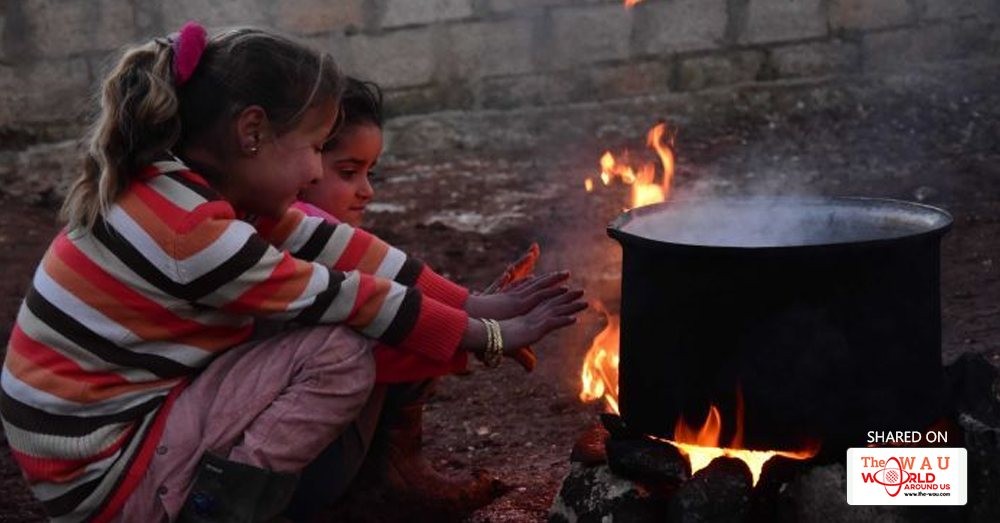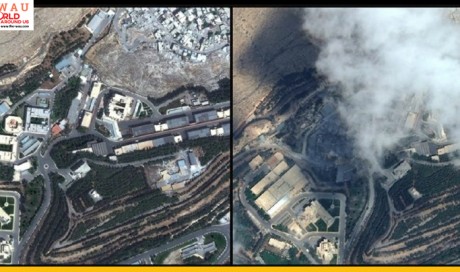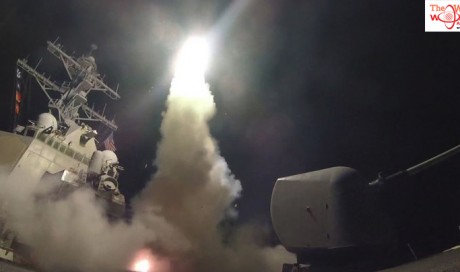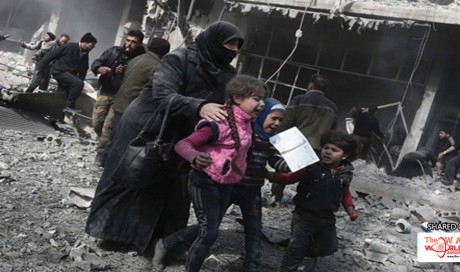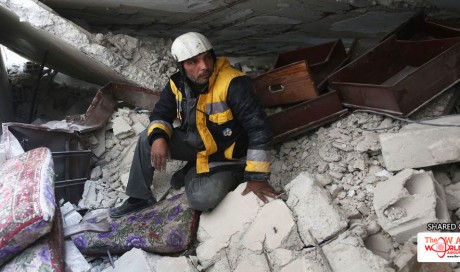Many kids in refugee camps across Syria are learning to read and write in leaky tents with little more than tables and chairs for them to sit on.
Ahmed Ibrahim is the Director of the Wisdom School at the Atmeh camp where more than 150,000 people live.
Mr Ibrahim said there were daily difficulties in trying to educate children whose lives had been disrupted by war.
"Most of the schools are in tattered tents and there is no heating and in some schools there is no electricity," he said.
The classroom sizes are large, with up to 260 children being taught to read and write in each tent.
Mr Ibrahim said even the most basic items such as textbooks and school supplies were difficult to access for many within refugee camps across Syria.
Constant moving — as well as the instability brought about by the war — has also taken its toll.
"Students are often forced to leave school and move to another place during the school year because of the war," he said.
"There is no future for these children, no schools or university for them because of the war."
Mr Ibrahim also said keeping teachers within relief agencies was a problem as many left the camps for higher salaries.

Other administrators across Syria also spoke of the immense challenges of teaching children within refugee camps, including a lack of school supplies, teaching in inadequate shelters, and the struggle to teach children anything more than basic literacy and numeracy.
"We face a lot of difficulties in opening schools within the camps, often because of a lack of support for our projects, in addition to shelling near the camps," Mr Khaled Al-Abdullah, who works at the al-Karama camp said.
Many families came to the camps after the retaking of rebel-held Eastern Aleppo.
Others fled from Homs, Damascus and other towns and cities across the country.
Yehya Alrejjo, a journalist who often visits refugee camps across Syria, said one school he visited was held in a barn.
"One school that I've seen today has cows in one corner and children in the other," he said.
"The situation is very bad and the smell is very unpleasant and harmful for the children but there is no alternative."

Despite the trauma from conflict and displacement, many children are unable to access psychological help.
"There is no psychological treatment for these kids, because it is so difficult and frankly, most people are unaware of the psychological risks facing children," Mr Alrejjo said.
He said the conditions in many camps were inadequate for dealing with recent wintery conditions.
"Most of these camps are in the mountains and aren't qualified to withstand the cold of winter," he said.
"One family came from Aleppo and must buy tents with a price tag of up to $100 but they have no money and the United Nations were unable to help."
Share This Post

